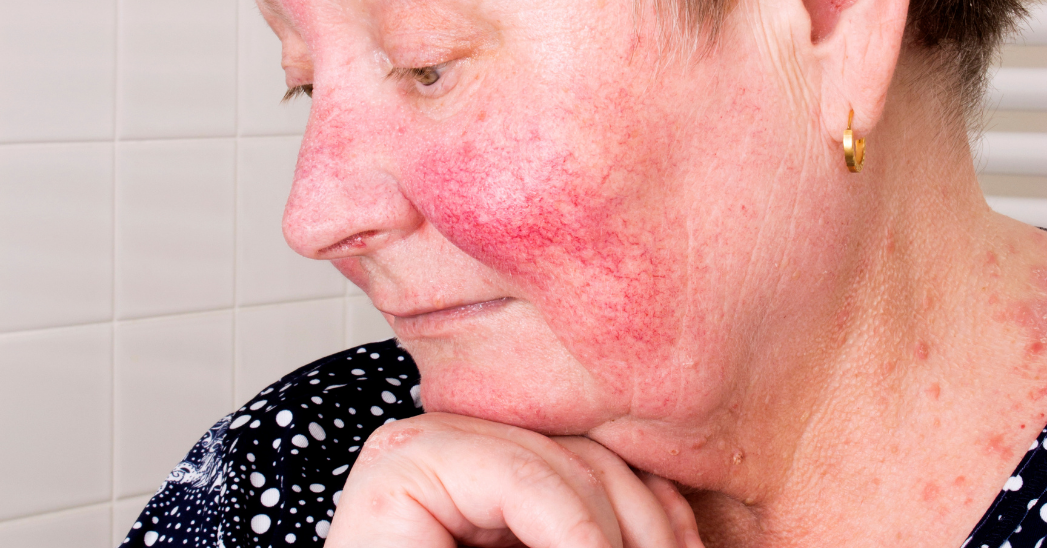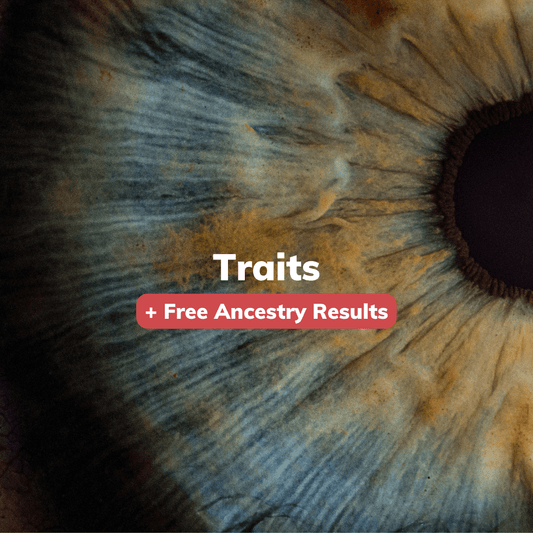
Rosacea
Celine HaarhoffRosacea is a chronic skin condition that causes redness and inflammation on the face. It typically affects the central part of the face, including the forehead, cheeks, nose, and chin. Rosacea can also cause small red bumps, pimples, and blood vessels to become visible on the skin. In some cases, rosacea can also cause swelling and irritation of the eyes.
There are many potential triggers for rosacea, including sun exposure, stress, alcohol, and certain foods. However, genetics may also play a role in the development of this condition. Studies have shown that people with a family history of rosacea are more likely to develop the condition themselves.
Genetic predisposition to rosacea is not the only factor determining whether a person will develop this condition. However, knowing your genetic predisposition can help manage and prevent the condition.
A genetic test can help determine whether you have a genetic predisposition to rosacea. This test analyzes your DNA to look for specific genetic variations associated with an increased risk of developing rosacea. The test is typically done using a sample of your saliva, collected using a simple kit that you can use at home.
If the genetic test shows that you have a genetic predisposition to rosacea, it's important to be aware of the potential triggers and take steps to avoid them. These steps can include using sunscreen regularly, avoiding alcohol and spicy foods, and managing stress.
In addition to avoiding potential triggers, several treatments are available for rosacea. These treatments can help reduce the redness and inflammation associated with the condition. Your doctor can help determine the best treatment plan for you based on your symptoms' severity and overall health.
A genetic test can provide valuable information if you're concerned about your risk of developing rosacea. By understanding your genetic predisposition, you can take steps to prevent the condition and manage any symptoms that do occur.


